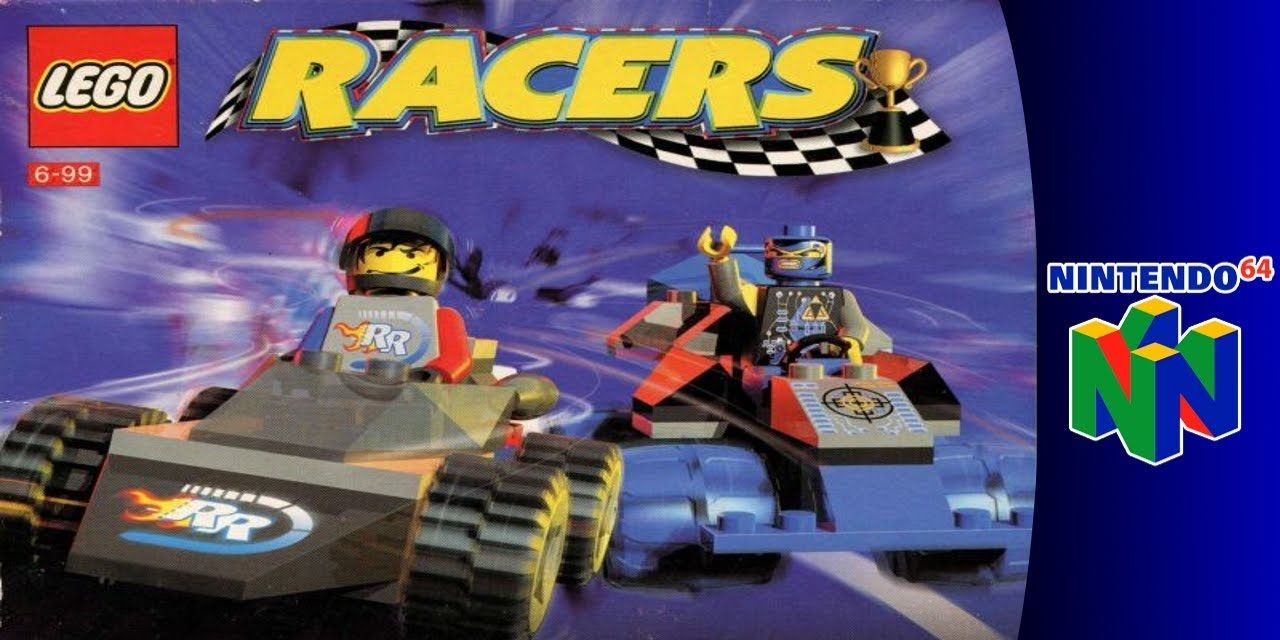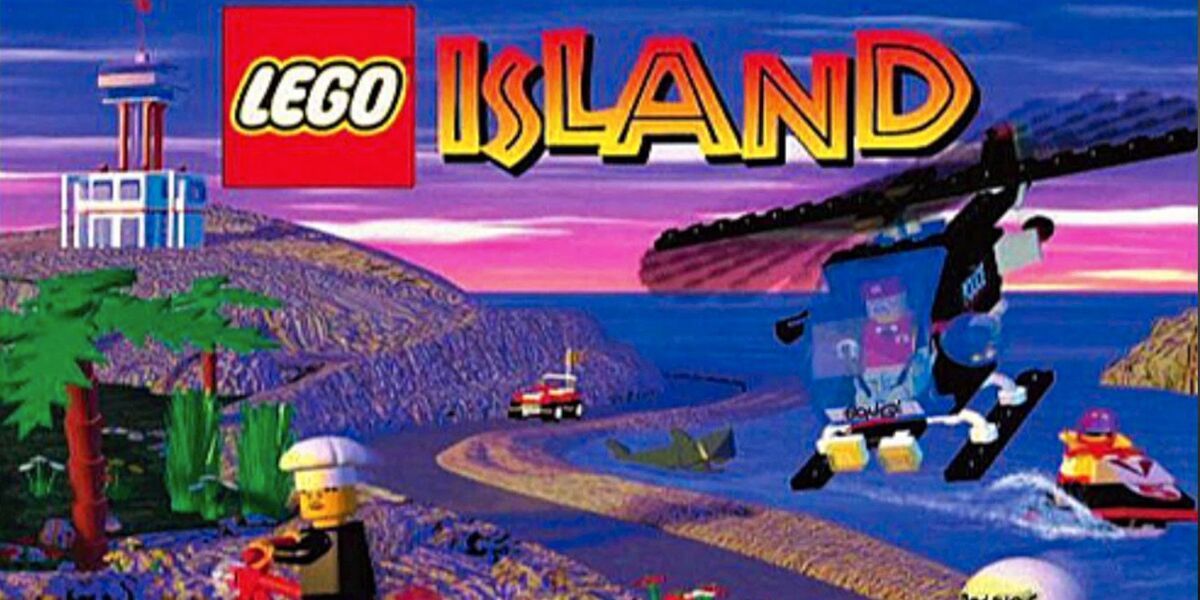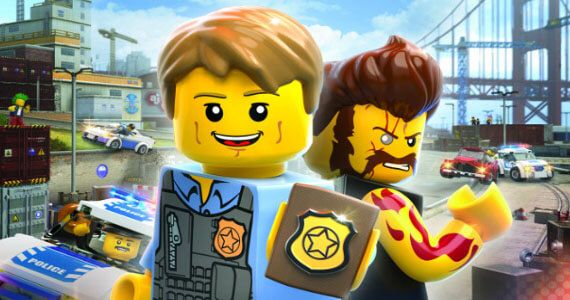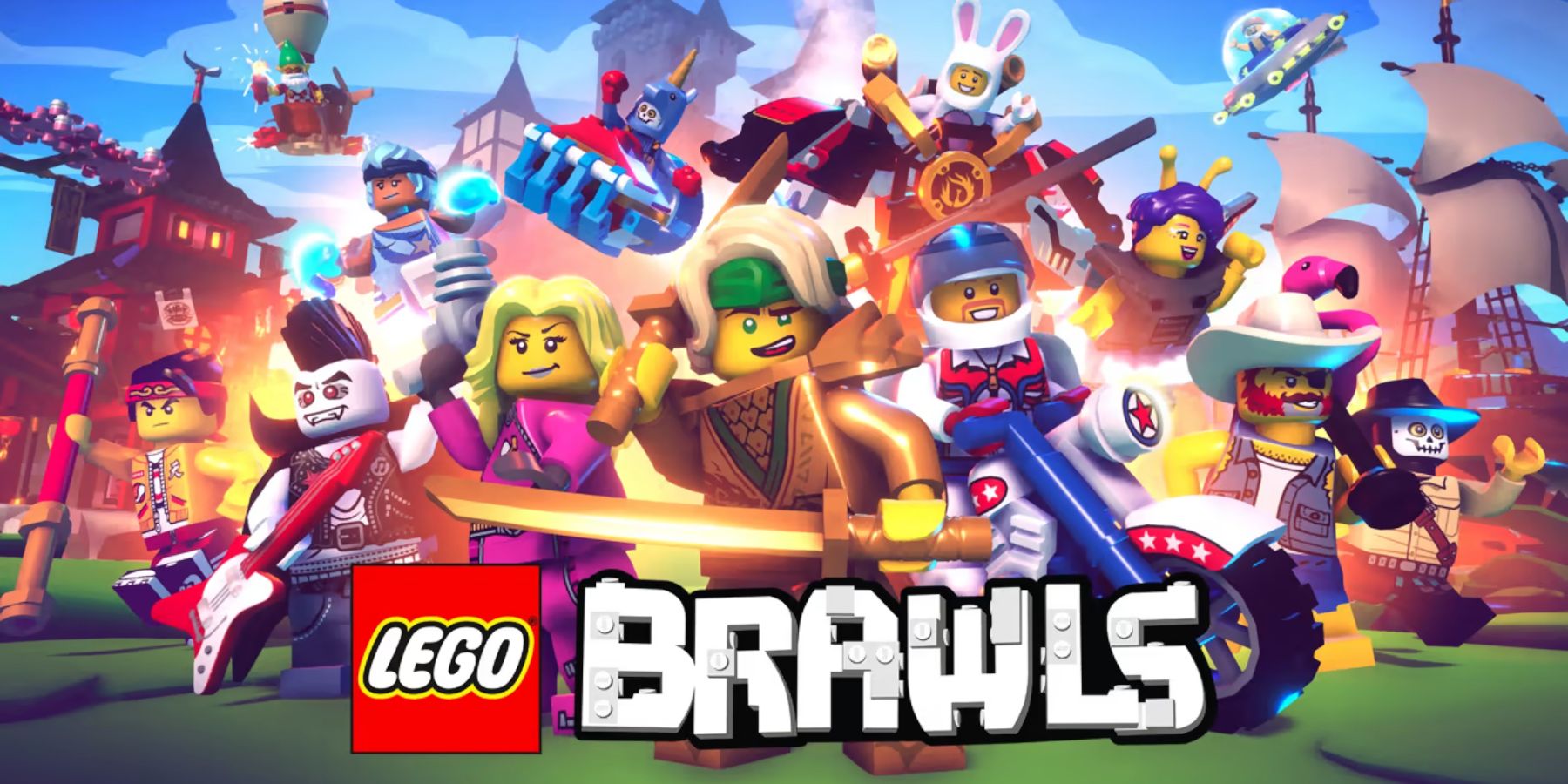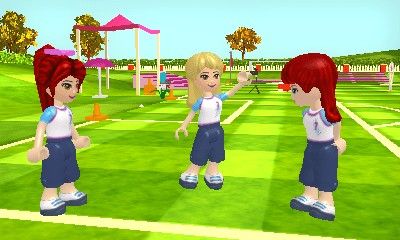Over the last few decades, LEGO has gradually made a name for itself in the video game industry. With licensed LEGO titles like LEGO Star Wars, LEGO Lord of the Rings, and LEGO Marvel Superheroes, LEGO has managed to push its way to the forefront of family-friendly gaming. But while these licensed titles are by far the company's most well-known, it's been producing non-licensed video games for even longer.
Beginning in the late 1990s, LEGO began developing a wide range of video games, stretching across a slew of different genres. While not all of these titles were of high quality, a good few made a dent in the public consciousness at the time, and now decades later, they've become cult classics. So while LEGO has produced plenty of D-Tier games, it's also created a handful of cult classics.
S-Tier
LEGO Racers: One of the aforementioned cult classics, LEGO Racers may not be quite as polished as Mario Kart, but it's one charming cart racer. Filled with tons of tracks, each being surprisingly varied, and plenty of charming racers, LEGO Racers has enough of its own identity to stand out from the competition. Though its N64 and PS1 versions didn't run so well, LEGO Racers on the PC was a genuinely great experience, especially with friends in local multiplayer. LEGO Racers certainly deserves a top spot on this list, even if it's just for the game's joyously absurd main menu theme music.
LEGOLAND: Another beloved classic, LEGOLAND released in 2000 and is essentially just a RollerCoaster Tycoon clone, but it's a great one at that. Dropping players into their very own LEGOLAND park, this game tasks players with building various LEGO-themed attractions and rides. While the gameplay is nearly identical to RollerCoaster Tycoon, its execution is impressive, and there are tons of LEGO charm to be found, from the mini-figures strutting around the park to the unique look of every attraction and piece of scenery.
LEGO Racers 2: Despite being a direct sequel to the first cart racing game, LEGO Racers 2 takes a more open-world approach, and while not all of it works, this is one of the best kid's games ever made. Released in 2001, LEGO Racers 2 is an impressive game, letting players hop in their own customized vehicle and drive it across a variety of environments freely. Along with races, players can compete in a range of side missions, and unlock new parts for their vehicle, which can then be customized much like in the first game. Its tracks may not be quite as memorable as the first game, but LEGO Racers 2 is a certified cult classic.
LEGO City Undercover: One of the few modern LEGO games to make it this far up the list, LEGO City Undercover is a more conventional LEGO game, taking a lot of inspiration from the licensed side of LEGO games. Dropping players into a vibrant open world, LEGO City Undercover is one best LEGO games out there, featuring plenty of collectibles, tons of side missions, and a main story that offers enough tongue-in-cheek humor to remain engaging throughout.
LEGO Builder's Journey: A short but incredibly sweet adventure, LEGO Builder's Journey is a beautiful isometric puzzle game that tells a surprisingly deep, relatable narrative, all without the use of words. While players choose the right bricks to place to help their characters cross the stage, LEGO Builder's Journey manages to hit all of the right emotive, nostalgic notes, making it a real standout title.
A-Tier
LEGO Island: The very first non-licensed LEGO game to release, LEGO Island holds up remarkably well for a 1997 PC title, developed on a tight budget and aimed at a younger audience. From a first-person perspective, players are dropped on the titular LEGO Island, where they can freely explore the various buildings and environments dotted around, and play some side activities like racing on a jet ski or catching the infamous Brickster. LEGO Island is extremely dated now, but at the time, its graphics and high level of freedom were incredibly impressive, especially for a kid's game.
LEGO Island 2: The Brickster's Revenge: The sequel to a groundbreaking kid's game, LEGO Island 2 released much later, hitting store shelves in 2001. Taking the general concept of the first game and expanding on it, LEGO Island 2 puts players in the shoes of pizza delivery boy, Pepper Roni, as he travels around the open-world environment, collecting trinkets, playing minigames, and trying to catch the titular Brickster. LEGO Island 2 is a fun open world title, but it is a very basic one.
Island Xtreme Stunts: The third entry in the LEGO Island series, Island Xtreme Stunts takes the formula and brings it to the next generation of gaming, using the PS2's increased power to produce an even more immersive, interactive LEGO open world. Rather than just leave players to their own devices, however, Island Xtreme Stunts has a fun set of main missions that see the player take on the role of a stuntman, tasked with getting the perfect shot. Again, it isn't perfect, but Island Xtreme Stunts is a pretty great LEGO game.
LEGO Battles: A surprisingly great Nintendo DS-exclusive, LEGO Battles is a thrilling, if not a bit too simplistic, action-strategy title. Letting players choose from a range of different factions, each based on a different iconic LEGO theme, LEGO Battles is charming fun and a great introduction to the strategy genre for younger audiences.
LEGO Worlds: Ironically a bit of a Minecraft clone, LEGO Worlds drops players on an island, and tasks them with building whatever they want. Players can discover new items and structures, which can then be added to their recipe book. LEGO Worlds offers a solid amount of creative fun and customization, but it pales in comparison to its main source of inspiration.
B-Tier
Bionicle: Matoran Adventures: A solid Game Boy Advance platformer, Bionicle: Matoran Adventures may be simple, but its side-scrolling puzzle-platformer gameplay is fairly well-polished, and its bright visuals are a real treat for the Game Boy Advance's screen. Though its runtime is extremely short, players will probably be grinning throughout the entire experience.
LEGO City Undercover: The Chase Begins: A 3DS prequel to the mainline game, LEGO City Undercover: The Chase Begins is a fine open-world handheld title, but its lack of voice acting is pretty jarring, and the whole experience feels a little lifeless. It's impressive that this is able to fit on a 3DS cartridge, but it's missing too many core features to be ranked any higher.
C-Tier
LEGO Loco: After the success of LEGO Island, LEGO began pumping out games every few months, and LEGO Loco was the first one out the door. Released in 1998, LEGO Loco is an extremely simplistic version of SIM City, which offers some nice freedom for kids, but offers little for advanced players, with no real objectives to work towards.
LEGO Chess: Exactly what it says on the tin, this 1998 PC game is virtual chess with little LEGO minifigures instead of standard pieces. There isn't much to it, but LEGO Chess is a fun way to teach younger audiences the classic game, and the addition of LEGO themes like Pirates and Western gives the game a lot of charm.
LEGO Creator: Giving players an unlimited number of bricks, and an expansive environment to build in, LEGO Creator was designed to be a virtual experience that imitated the feeling of getting a box of LEGO out and creating something from scratch. Though it's certainly ambitious, LEGO Creator's lack of objectives lets it down.
Bionicle Heroes: Coming just above its critically-panned predecessor, Bionicle, Bionicle Heroes is a disappointing third-person shooter that not even Traveller's Tales could save. Though its visuals are solid for a 6th-7th cross-generation title, Bionicle Heroes' gameplay is repetitive and lacks depth. Though, the game's level design is a step above its predecessor.
LEGO Brawls: The most recent entry on this list, LEGO Brawls is an unashamed Super Smash Bros. clone, but it isn't a good one. Featuring fine gameplay, LEGO Brawls' worst aspect is its rough performance issues, and its bizarre loot system, which requires players to grind for hours to unlock any gear that's actually worth equipping.
D-Tier
LEGO Bionicle: Quest for the Toa: The very first Bionicle game to release, LEGO Bionicle: Quest for the Toa is a fairly below-average Game Boy Advance action-platformer. Featuring some vibrant visuals and a fun story, Quest for the Toa is unfortunately a bit too repetitive and features some very frustrating platforming controls.
Soccer Mania: A simplified version of FIFA, Soccer Mania is a barebones soccer game that uses LEGO themes to mask its lack of gameplay depth. While it's a fine introductory sports title for younger audiences, anyone older than seven will likely lose interest in an hour or two.
Drome Racers: Lacking any of the charm of the LEGO Racers series, Drome Racers is another extremely simple non-licensed LEGO game, featuring repetitive, lackluster gameplay, and little visual variation.
Bionicle: A 2003 flagship title for the company, Bionicle is a bit of a mess. While it tries to be an ambitious 3D platformer, Bionicle stumbles at every hurdle, with awful camera controls, underwhelming gameplay, and a ridiculously short runtime.
LEGO Friends: A bare-bones social simulator, LEGO Friends is a disappointing 3DS game that offers very little gameplay. Extremely short minigames, no real objective, and a lack of customization let LEGO Friends down.

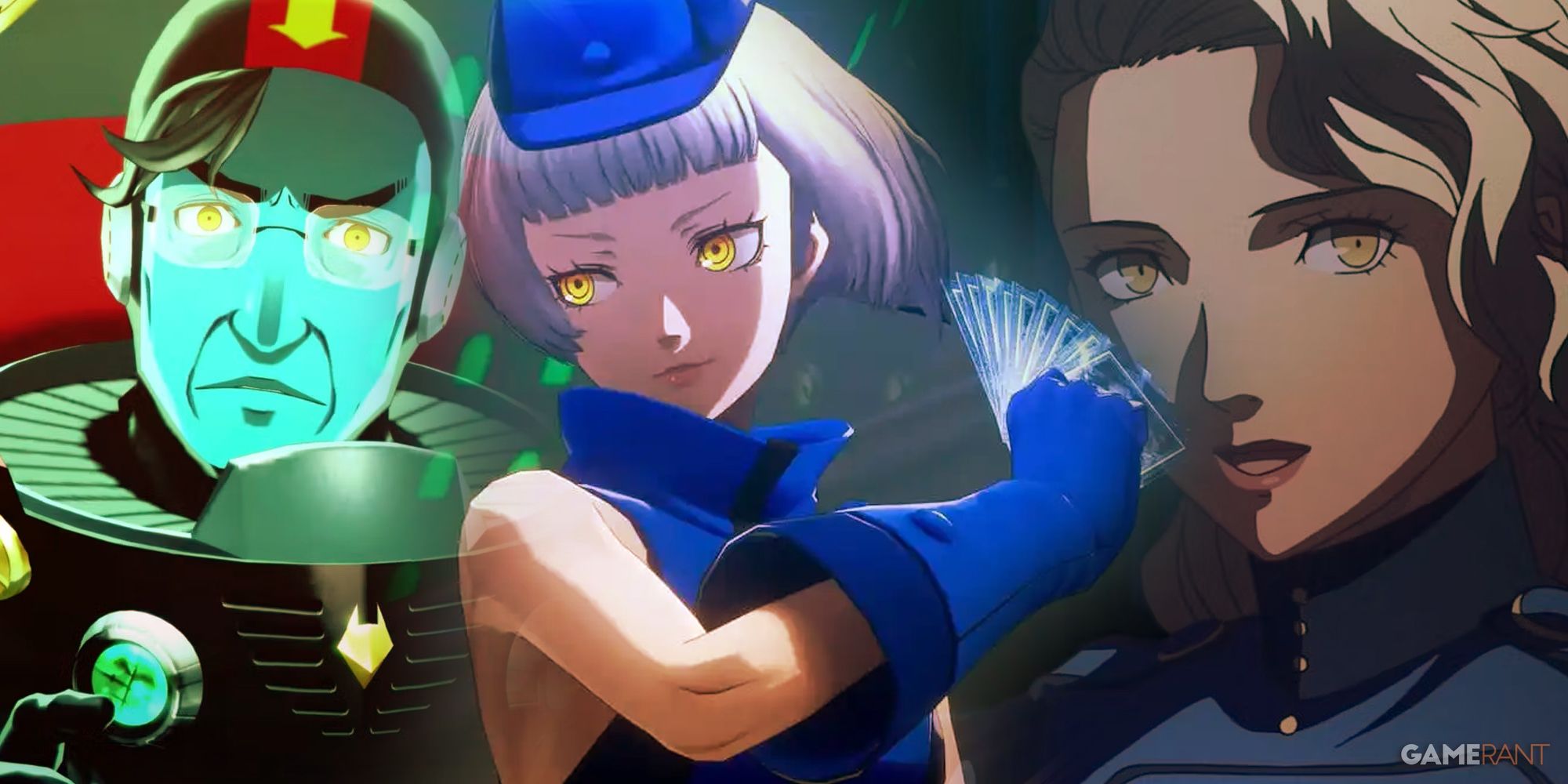
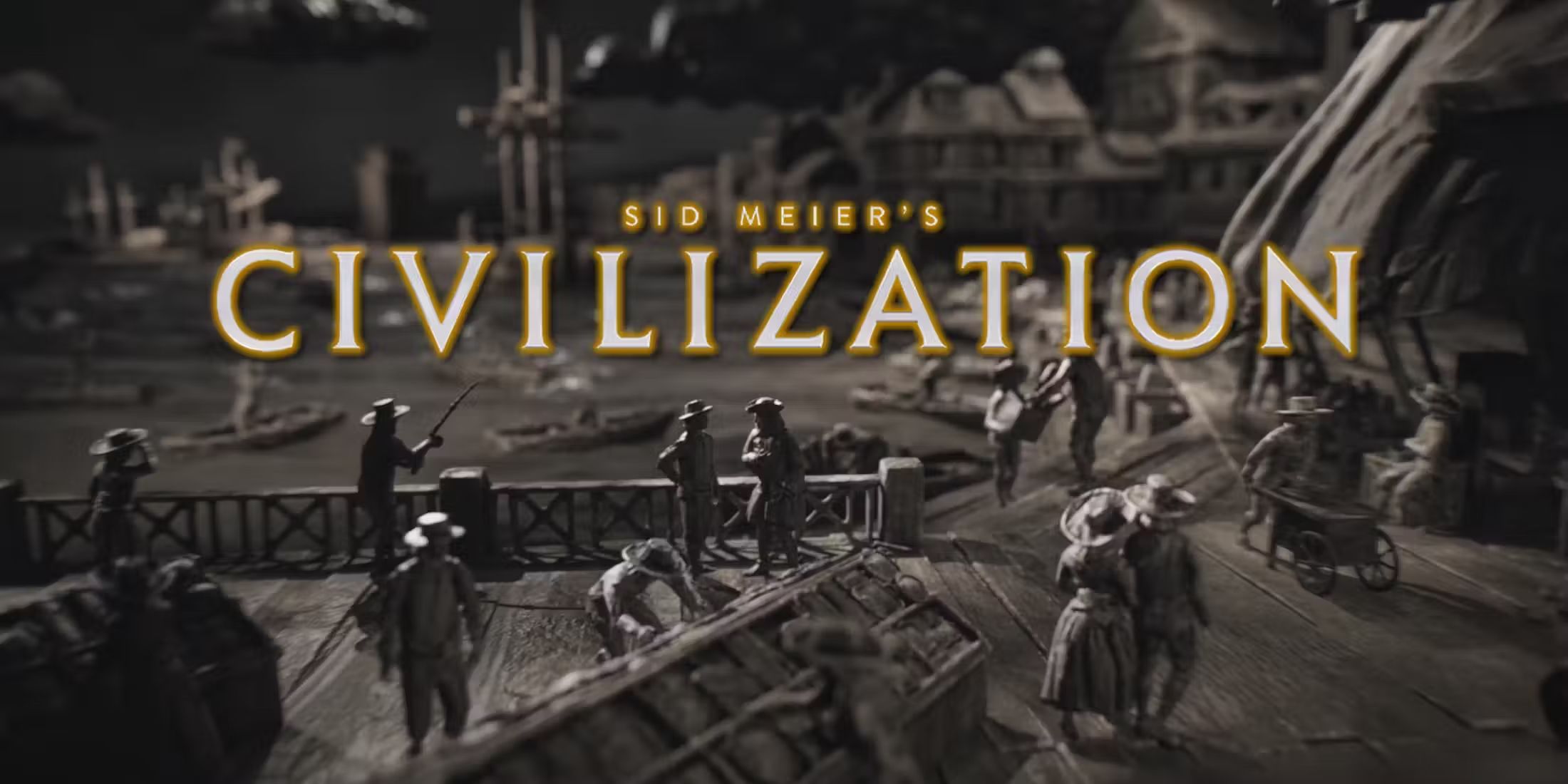
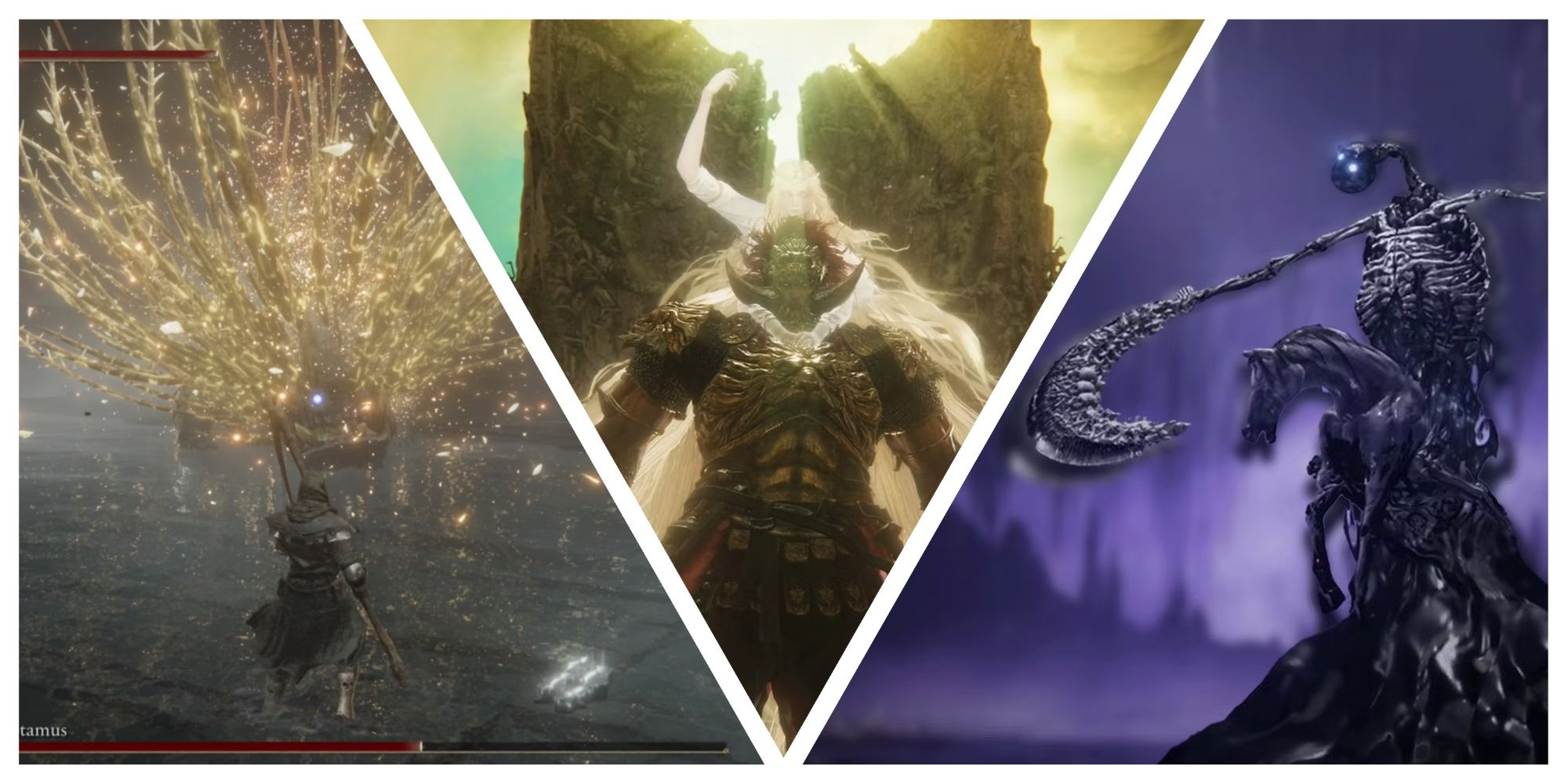
.jpg)
